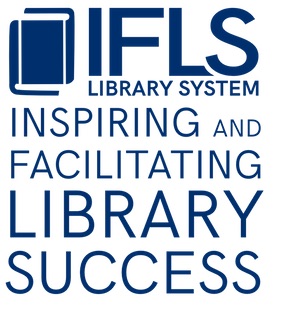 |
| Image from Pixabay |
Here’s something that I know happens in libraries, maybe even in your library: people decide not to purchase materials because they are concerned about potential challenges or backlash from the community. Collection development is tricky. We have limited funds, limited space, and a whole community to serve, and it is challenging to balance all the demands and responsibilities inherent in choosing materials for a whole community. There are, despite the guidance of our collection development policies, plenty of times when we have to use our discretion to figure out what is the best way to spend our collection dollars.
We may worry that making a decision to purchase a particular book or books could jeopardize the library’s standing or decrease crucial community support for the programs and services we offer, or for that building project we so desperately need. Or it might be that we have a closely held belief or understanding of the world that is in direct opposition to some of the books we are considering for purchase.
When we decide not to purchase a book, that is a selection decision. But if we are not purchasing something because we are afraid or because we have some personal qualms about it, we need to really challenge ourselves. Author Kari Anne Holt wrote a column about what happens when librarians “ghost” a book, meaning that they just don’t purchase it for fear of challenges. What a chilling effect that has! There’s no chance of access, or even knowing about these books, when no one purchases them.
And the truth is, there is no predicting what someone might object to in a book. There is no way to have a collection that has no chance of upsetting anyone at all. There wouldn’t be much point in trying to create a collection like that because it would have so very few books in it.
If you have questions or concerns about collection development, I would love to talk with you about them. And remember we have a great resource in our state, the Cooperative Children’s Book Center. They not only assist when there is a challenge, they also provide some great things to think about related to Intellectual Freedom.
